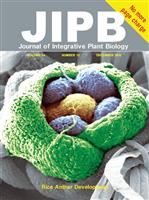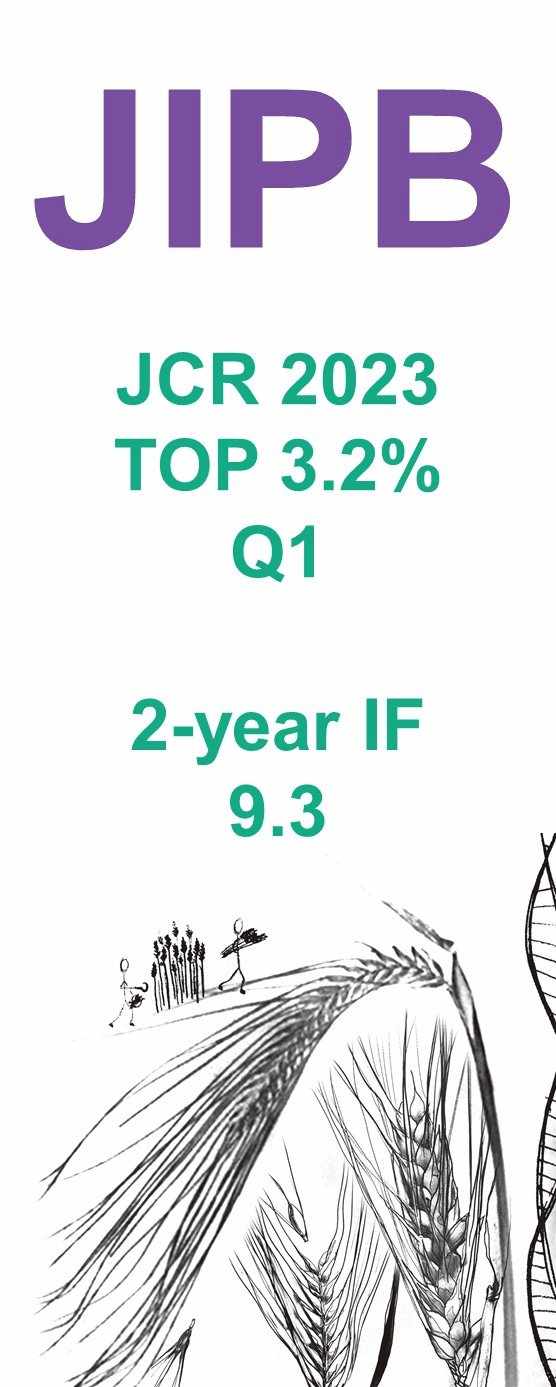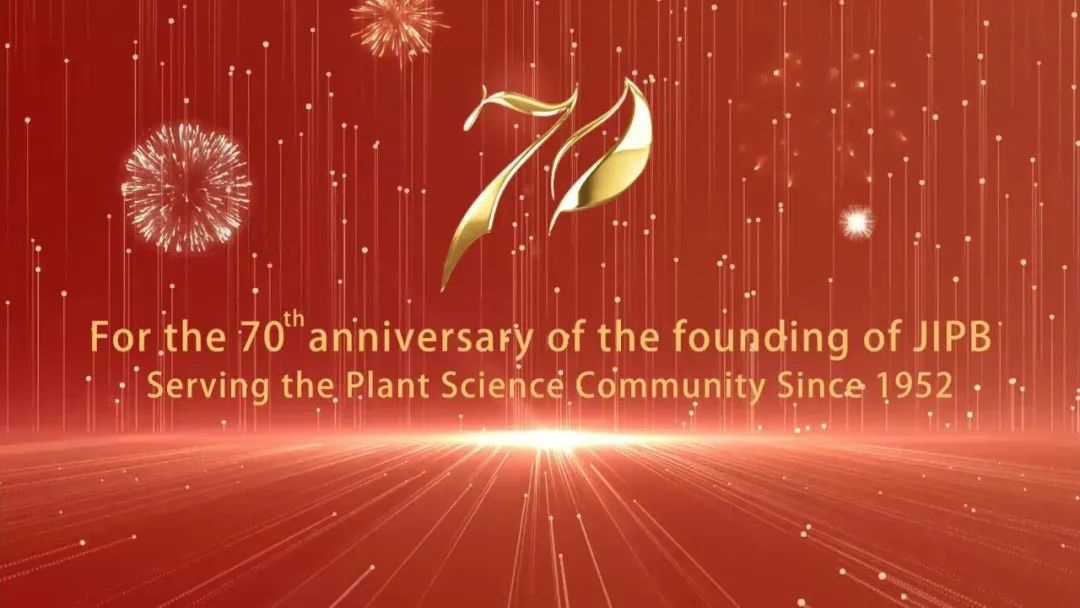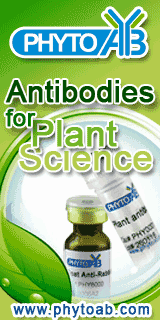Author: Feng-Yun Zhao, Ming-Ming Han, Shi-Yong Zhang, Kai Wang, Cheng-Ren Zhang, Tao Liu, and Wen Liu
The link between root growth, H2O2, auxin signaling, and the cell cycle in cadmium (Cd)-stressed rice (Oryza sativa L. cv. Zhonghua No. 11) was analyzed in this study. Exposure to Cd induced a significant accumulation of Cd, but caused a decrease in zinc (Zn) content which resulted from the decreased expression of OsHMA9 and OsZIP. Analysis using a Cd-specific probe showed that Cd was mainly localized in the meristematic zone and vascular tissues. Formation and elongation of the root system were significantly promoted by 3-amino-1,2,4-triazole (AT), but were markedly inhibited by N,N’-dimethylthiourea (DMTU) under Cd stress. The effect of H2O2 on Cd-stressed root growth was further confirmed by examining a gain-of-function rice mutant (carrying catalase1 and glutathione-S-transferase) in the presence or absence of diphenylene iodonium. DR5-GUS staining revealed close associations between H2O2 and the concentration and distribution of auxin. H2O2 affected the expression of key genes, including OsYUCCA, OsPIN, OsARF, and OsIAA, in the auxin signaling pathway in Cd-treated plants. These results suggest that H2O2 functions upstream of the auxin signaling pathway. Furthermore, H2O2 modified the expression of cell-cycle genes in Cd-treated roots. The effects of H2O2 on root system growth are therefore linked to auxin signal modification and to variations in the expression of cell-cycle genes in Cd-stressed rice. A working model for the effects of H2O2 on Cd-stressed root system growth is thus proposed and discussed in this paper.
Zhao FY, Han MM, Zhang SY, Wang K, Zhang CR, Liu T, Liu W (2012) Hydrogen peroxide-mediated growth of the root system occurs via auxin signaling modification and variations in the expression of cell-cycle genes in rice seedlings exposed to cadmium stress. J. Integr. Plant Biol. 54(12), 991–1006.




 Scan the QR code to view JIPB on WeChat
Scan the QR code to view JIPB on WeChat













